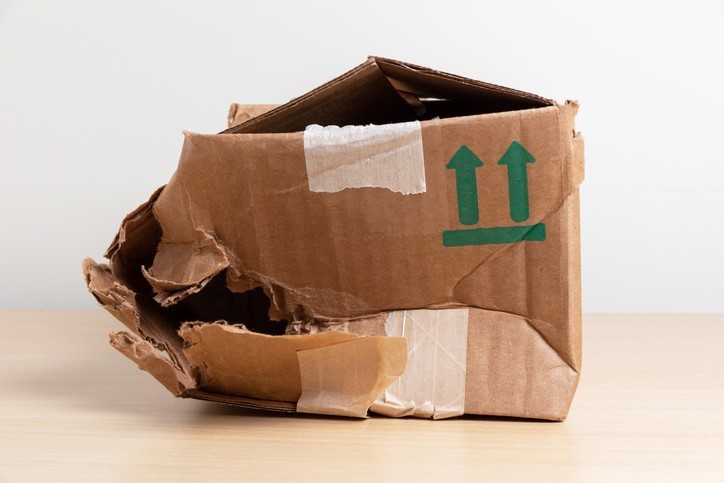| National Moving Month each May kicks off the busy summer moving season as Americans move from one home to another, across town or around the nation. The U.S. Census estimates there are 3 million moves from state to state each year, with 800,000 of those handled by professional movers. Scam artists and imposters who pretend to be a moving company may sometimes take advantage of unwary customers. The Better Business Bureau (BBB) and the American Moving & Storage Association (AMSA) have joined forces to help consumers avoid these criminals. Movers are one of the top categories of companies searched on the BBB's website, which has free Business Reviews on more than 20,000 moving, storage and moving-related companies. Many movers that are BBB Accredited Businesses are also AMSA ProMovers The BBB and AMSA offer the following tips for working with a trustworthy moving company: - Do your research. Get at least three written, in-home estimates so you can make an informed decision. Show the mover everything that needs to be moved, from the attic to the basement, including any sheds, garages and storage areas. These are free estimates, so you have nothing to lose, even if you are considering handling the move yourself. Avoid any unusually high or low estimates, and if someone says they can give you an estimate over the phone or by email, it's possible they're trying to scam you.
- Know your rights. Reputable interstate movers must, by law, provide you with federal publications that explain the moving process as well as your rights and responsibilities during and after the moving process. Interstate movers also must provide the cost of full-value protection insurance for your possessions in their estimates. If a mover asks for a large down payment or full payment in advance, that may be a warning sign. And if a company says it won't return your items to you without more money than you agreed to pay, contact the Better Business Bureau or local law enforcement for help.
- Get all agreements in writing. Read everything carefully and make sure you have it all in writing, along with copies of everything you sign, especially the most important document-the bill of lading, which is the receipt for your goods and the contract for their transportation. Never sign any blank forms.
- Take your valuables with you. Cash, coins, jewelry, photographs and important papers should be taken with you or shipped separately. Use a shipping service with tracking numbers, such as FedEx or UPS.
- Ask questions. Don't be afraid to ask questions about anything you don't understand. If the moving company can't or won't answer your questions, you might want to look for another mover.
|















Comments